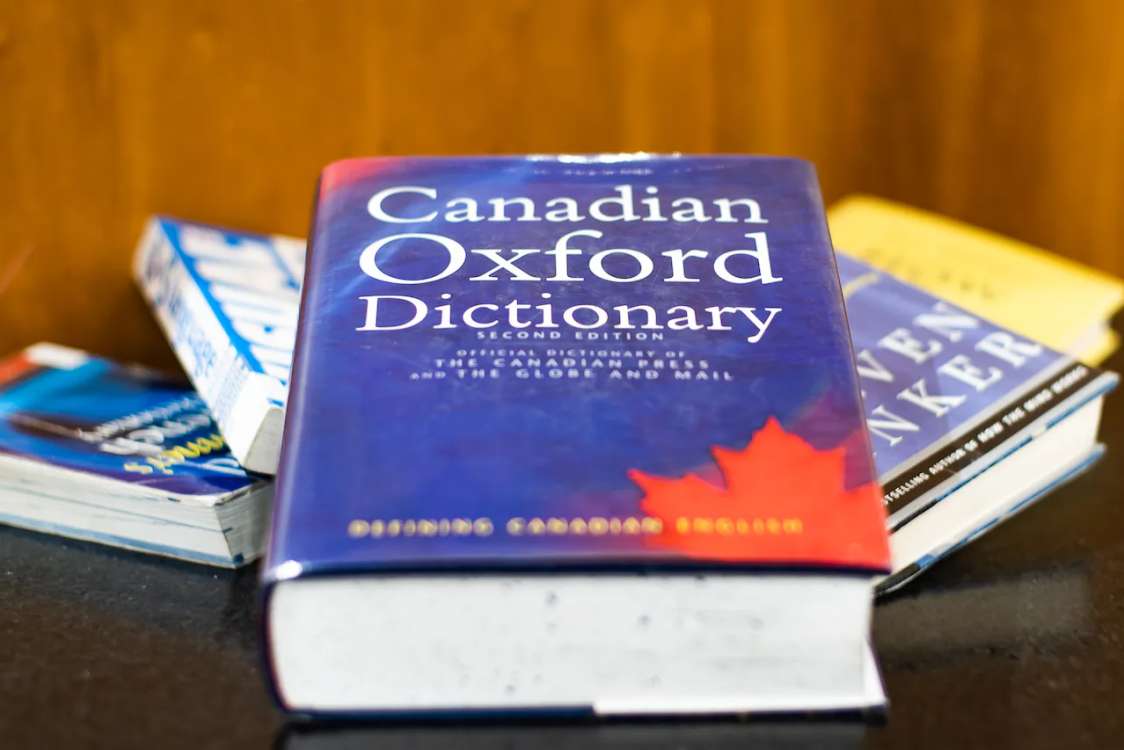

 4274
4274
Lexicography, the science, of dictionary-compiling, is closely connected with lexicology, both dealing with the same problems — the form, meaning, usage and origin of vocabulary units — and making use of each other’s achievements.
There are main types of English dictionaries. First of all they may all be roughly divided into two groups — encyclopaedic and linguistic.
The two groups of reference books differ essentially in the choice of items included and in the sort of information given about them.
The linguistic dictionaries are wоrd-books, their subject’ matter is lexical units and their linguistic properties such as pronunciation, meaning, peculiarities of use, etc.
The encyclopaedic dictionaries, the biggest of which are sometimes called simply encyclopaedias are thing-books, that give information about the extra-linguistic world, they deal with concepts (objects and phenomena), their relations to other objects and phenomena, etc.
Definition of Encyclopaedic Dictionaries
It follows that the encyclopaedic dictionaries will never enter items like father, go, that, be, if, black, but only those of designative character, such as names for substances, diseases, plants and animals, institutions, terms of science, some important events in history and also geographical and biographical entries.
Although some of the items included in encyclopaedic and linguistic dictionaries coincide, such as the names of some diseases, the information presented in them is altogether different. The former give much more extensive information on these subjects. For example, the entry influenza in a linguistic dictionary presents the word’s spelling and pronunciation, grammar characteristics, synonyms, etc. In an encyclopaedia the entry influenza discloses the causes, symptoms, characteristics and varieties of this disease, various treatments of and remedies for it, ways of infection, etc.
Definition of Linguistic Dictionaries
Thus a linguistic dictionary is a book of words in a language, usually listedalphabetically, with definitions, pronunciations, etymologies and other linguistic information or with their equivalents in another language (or other languages).
Linguistic dictionaries may be divided into different categories by different criteria.
Definition of Meanings
Meanings of words may be defined in different ways:
1) by means of definitions that are characterised as encyclopaedic,
2) by means of descriptive definitions or paraphrases,
3) with the help of synonymous words and expressions,
4) by means of cross-references.
Encyclopaedic definitions as distinct from descriptive definitions determine not only the word-meaning, but also the underlying concept.
Synonymous definitions consist of words or word-groups with nearly equivalent meaning, as distinct from descriptive definitions which are explanations with the help of words not synonymous with the word to be defined.
For example, in the two entries for despicable given above COD defines the word-meaning with the help of synonyms, while WNWD uses both descriptive and synonymous definitions.
Reference to other words as a means of semantisation can be illustrated with the following examples taken from COD: defense. See defence decrescendo=diminuendo
It is the descriptive definitions that are used in an overwhelming majority of entries. While the general tendency is the same, words belonging to different parts of speech and to different groups within them have their own peculiarities. Encyclopaedic definitions are typical of nouns, especially proper nouns and terms. Synonyms are used most often to define verbs and adjectives. Reference to other words is resorted to define some derivatives, abbreviations and variant forms.
Apart from the nature of the word to be defined the type of definitions given preference depends on the aim of the dictionary and its size. For instance encyclopaedic definitions play a very important role in unabridged dictionaries (especially those published in America); in middle-size dictionaries they are used for the most part to define ethnographic and historical concepts. Synonymous definitions play a secondary role in unabridged dictionaries where they are used as an addition to descriptive or encyclopaedic definitions, and are much more important in shorter dictionaries, probably because they are a convenient means to economise space.
Jeren ANNAYEVA,
Student of Turkmen State
University named after Magtymguly.
 4852
4852
 4273
4273
 4129
4129
 71
71
 73
73
 66
66
 200
200
 200
200



 489
489

 735
735

 612
612

 892
892


 73
73

 71
71

 313
313

 364
364
